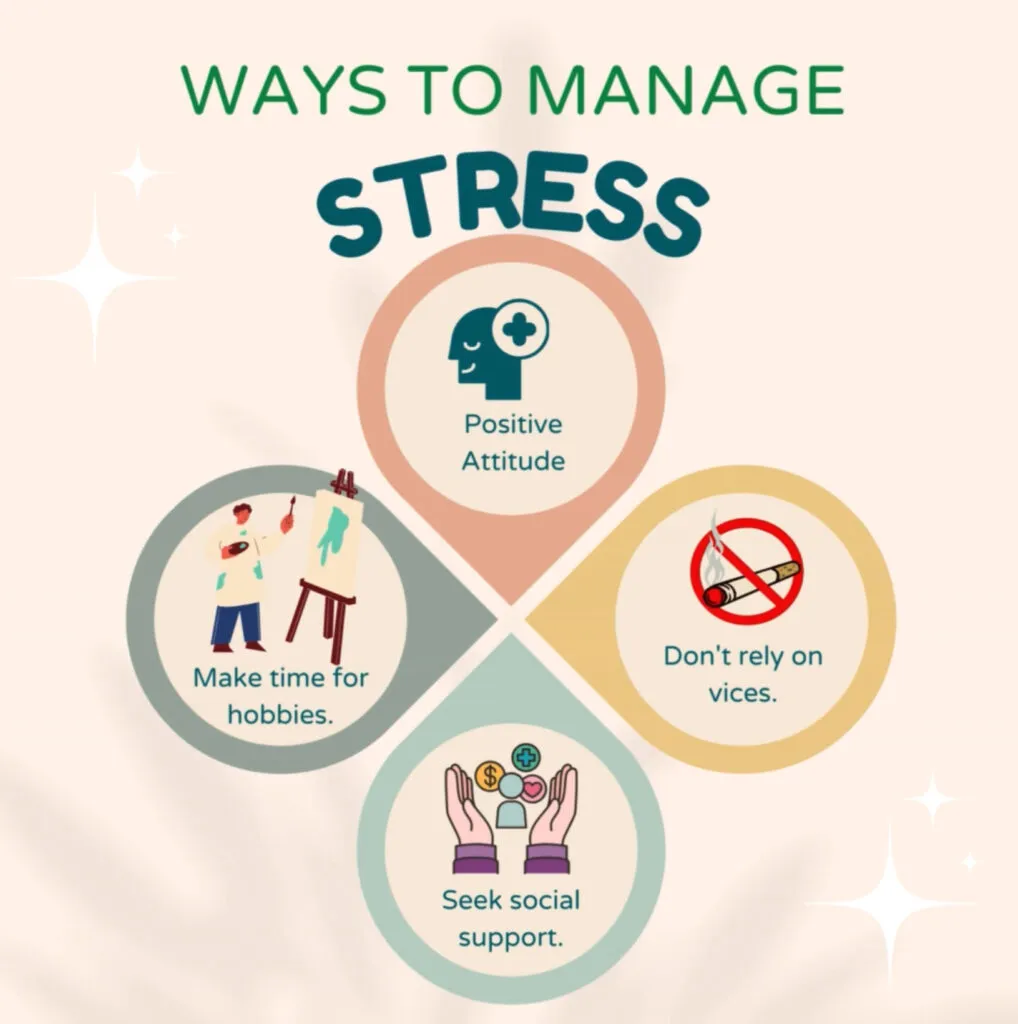Stress is a common part of life that can affect anyone, regardless of age or background. While some level of stress can be motivating, chronic stress can harm mental and physical health. Fortunately, there are several natural ways to reduce stress and regain balance in your life. This article explores evidence-based techniques to help you manage stress effectively and improve overall well-being.
1. Practice Mindfulness and Meditation
Mindfulness involves being fully present in the moment and accepting it without judgment. This practice can reduce stress by promoting relaxation and clarity. Meditation, a mindfulness technique, helps quiet the mind and reduces stress-related symptoms like anxiety and tension.
How to Get Started:
- Begin with deep breathing exercises: Inhale deeply through your nose for four counts, hold for four counts, and exhale slowly for six counts.
- Try guided meditations: Apps like Headspace or Calm offer beginner-friendly meditation programs.
- Incorporate mindfulness into daily activities: Pay attention to sensations, sounds, and thoughts while eating, walking, or performing household chores.
2. Exercise Regularly
Physical activity is one of the most effective natural stress relievers. Exercise increases the production of endorphins, which are natural mood elevators. It also improves sleep quality and boosts overall resilience to stress.
Best Exercises for Stress Reduction:
- Yoga: Combines physical movement, breathing techniques, and mindfulness for holistic stress relief.
- Aerobic activities: Running, cycling, and swimming help release pent-up energy and tension.
- Strength training: Weightlifting can provide a sense of accomplishment and focus.
Aim for at least 30 minutes of moderate exercise most days of the week.
3. Connect with Nature
Spending time in nature can significantly reduce stress levels. Research shows that exposure to green spaces lowers cortisol levels, reduces heart rate, and improves mood.
Ideas to Connect with Nature:
- Take a walk in a park or forest.
- Go hiking or camping on weekends.
- Practice gardening or keep indoor plants.
- Spend time near water bodies, such as lakes or beaches, for added calming effects.
4. Maintain a Healthy Diet
What you eat can influence your stress levels. A diet rich in whole, unprocessed foods supports brain health and helps stabilize mood.
Foods to Include:
- Omega-3 fatty acids: Found in salmon, walnuts, and flaxseeds, these improve brain function and reduce anxiety.
- Magnesium-rich foods: Spinach, almonds, and avocados help relax muscles and reduce tension.
- Vitamin C: Citrus fruits, strawberries, and bell peppers can lower cortisol levels.
- Herbal teas: Chamomile and green tea are known for their calming properties.
Avoid excessive caffeine, sugar, and processed foods, as they can exacerbate stress.
5. Get Quality Sleep
Sleep is essential for stress management. Poor sleep increases cortisol levels, making it harder to cope with stress.
Tips for Better Sleep:
- Maintain a consistent sleep schedule by going to bed and waking up at the same time each day.
- Create a relaxing bedtime routine, such as reading or taking a warm bath.
- Limit screen time before bed, as blue light disrupts melatonin production.
- Keep your bedroom dark, quiet, and cool to promote restful sleep.
6. Build Strong Social Connections
Having a supportive network of friends and family can buffer the effects of stress. Sharing your feelings and experiences with trusted individuals can provide relief and perspective.
Ways to Strengthen Connections:
- Schedule regular catch-ups with loved ones.
- Join community groups or clubs to meet like-minded people.
- Volunteer for causes you care about, fostering a sense of purpose and belonging.
7. Practice Gratitude
Focusing on the positives in your life can shift your mindset and reduce stress. Gratitude practices help increase dopamine levels, improving mood and overall satisfaction.
How to Cultivate Gratitude:
- Keep a gratitude journal and list three things you’re thankful for each day.
- Express appreciation to others through handwritten notes or kind words.
- Reflect on positive experiences during challenging times.
8. Limit Stress Triggers
While some stressors are unavoidable, others can be managed or minimized. Identifying and addressing these triggers is a proactive step toward reducing stress.
Strategies to Reduce Stress Triggers:
- Time management: Prioritize tasks, break them into smaller steps, and avoid overcommitting.
- Learn to say no: Politely decline requests that overwhelm your schedule.
- Reduce exposure to negative influences: Limit time spent on social media or with toxic individuals.
9. Try Aromatherapy
Aromatherapy uses essential oils to promote relaxation and well-being. Scents like lavender, chamomile, and sandalwood can reduce stress and improve mood.
How to Use Aromatherapy:
- Add a few drops of essential oil to a diffuser.
- Use scented candles or sprays in your home.
- Apply diluted oils to your wrists or temples.
10. Engage in Creative Activities
Expressing yourself creatively can be a therapeutic outlet for stress. Activities like painting, writing, and playing music allow you to focus on the present moment and process emotions constructively.
Creative Outlets to Explore:
- Art and craft projects.
- Writing in a journal or composing poetry.
- Learning a musical instrument or singing.
- Cooking or baking new recipes.
Conclusion
Stress is a natural part of life, but it doesn’t have to control you. By incorporating these natural stress-reduction techniques into your routine, you can improve your resilience and overall well-being. Start small, choose methods that resonate with you, and remain consistent in your efforts. Over time, these habits will help you lead a calmer, healthier, and more balanced life.




